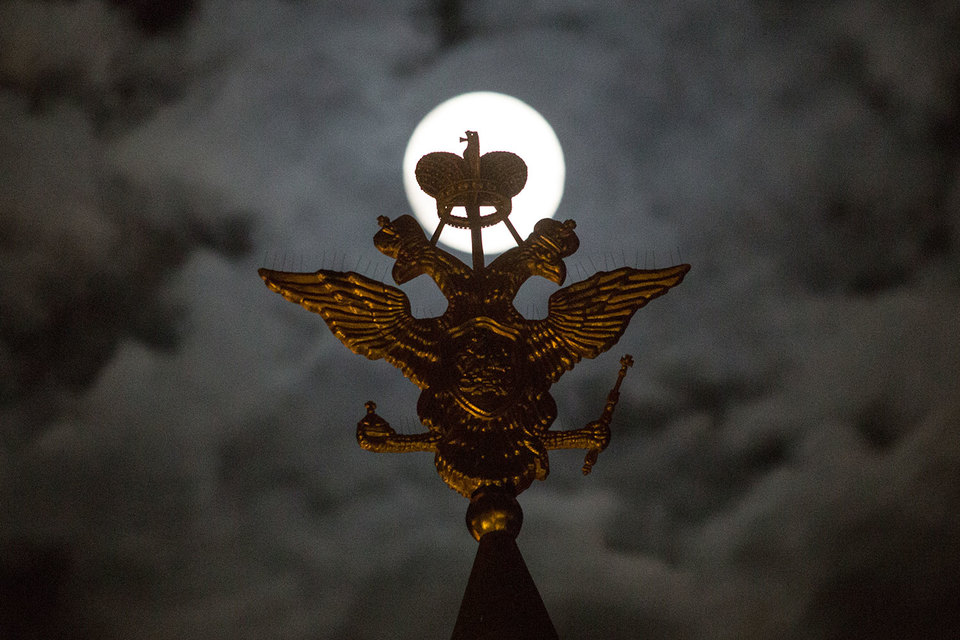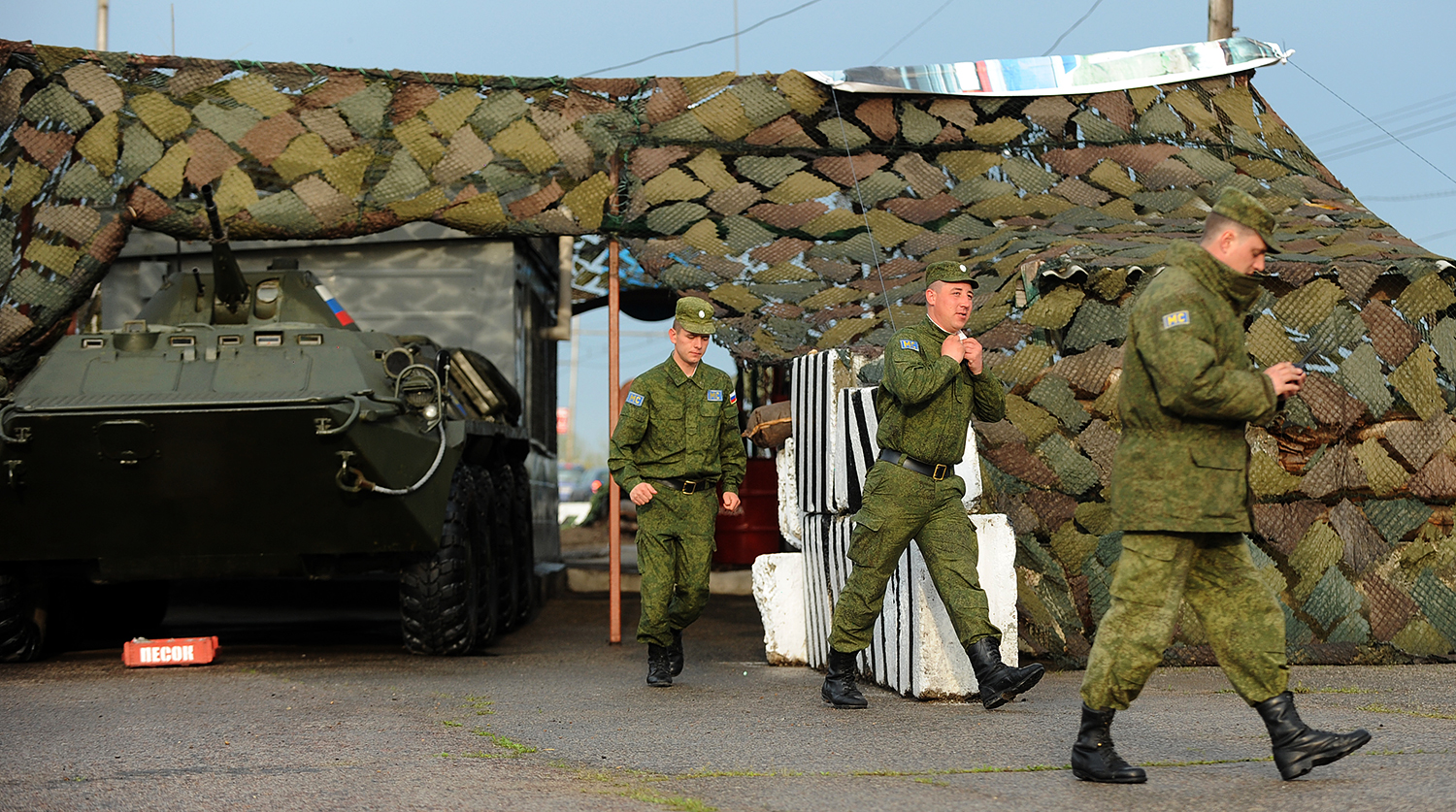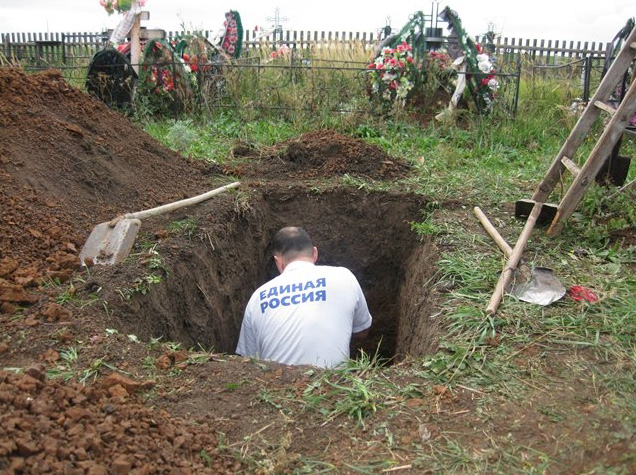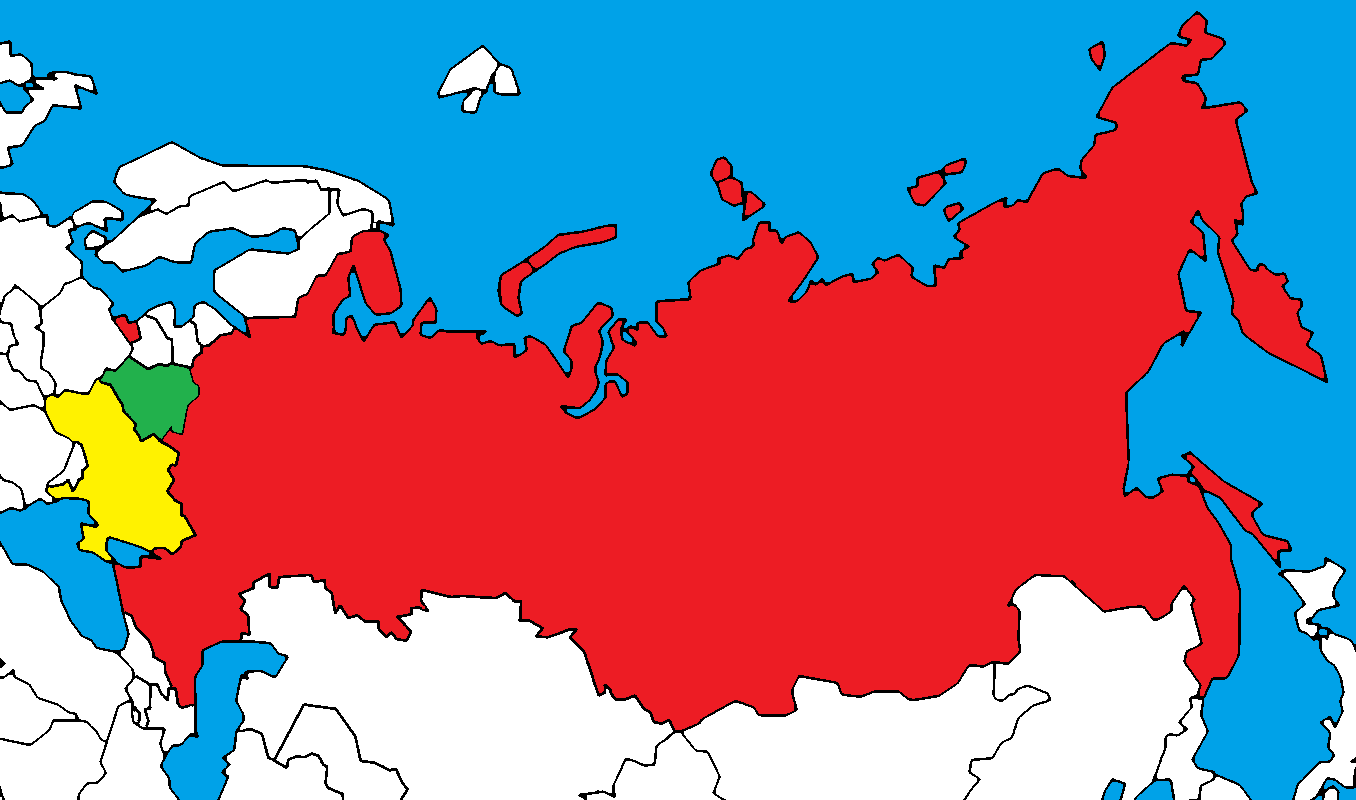A core element of Vladimir Putin’s worldview is that the Russians are “a divided people,” German historian Wilfried Jilge says, a perspective that underlies his continuing aggression against Ukraine and that lays the groundwork for additional seizure of territories along Russia’s border.
The specialist on Eastern Europe argues that Putin’s profound and longstanding belief that Russians are a divided people not only explains his past actions but more importantly opens the way for similar ones in the future (focus.de; in Russian at planeta.press).
“Today’s Russia is not a democratic country. Elections there serve to legitimize the autocratic regime which has arisen under Putin.” And both the selection of the date of the elections – the fourth anniversary of the Crimean Anschluss – and Putin’s rhetoric during the campaign show that he relies on the divided people argument.
Right up to the present, Putin “justifies the annexation of Crimea by his conception of a certain ‘Russian world,’ according to which ‘the fraternal Ukrainian people’ is part of Russia’s sphere of influence,” the historian says. He bases that notion on both tsarist and Soviet approaches.
On the one hand, Jilge says, Putin accepts the tsarist approach of dividing the subjects of the country not be ethnicity but by religion and posits that since most Ukrainians are Orthodox, they cannot be separate. And on the other, he views the Soviet Union as another name for Russia and thus a place where Russia must be dominant or even in complete control.
Clearly, Jilge concludes, “a stable, flourishing and democratic Ukraine could be in the eyes of some Russians an attractive alternative to the Putin autocratic regime and thus threaten the property of the corrupt oligarchs who support the Kremlin.”
Read More:
- Ukrainian OSINT sleuths release largest existing database of evidence of Russian aggression in Ukraine
- Eastern Ukraine statelets “effectively controlled” by Russia – PACE resolution
- A Killing Epidemic: The Culling of Russia’s Opposition Journalists
- Nordstream2 opens road for Russian offensive in Ukraine, subjects EU to gas wars – Energy panel at Kyiv Security Forum
- To resist Putin, we need to create belt of successful countries around Russia: Lithuanian ex-Prime Minister
- Putin planning to interfere in Belarusian elections to replace Lukashenka, Sivitsky says
- Putin thinks he’s winning and is expanding his Stalinist attack on West, Pavlova says





